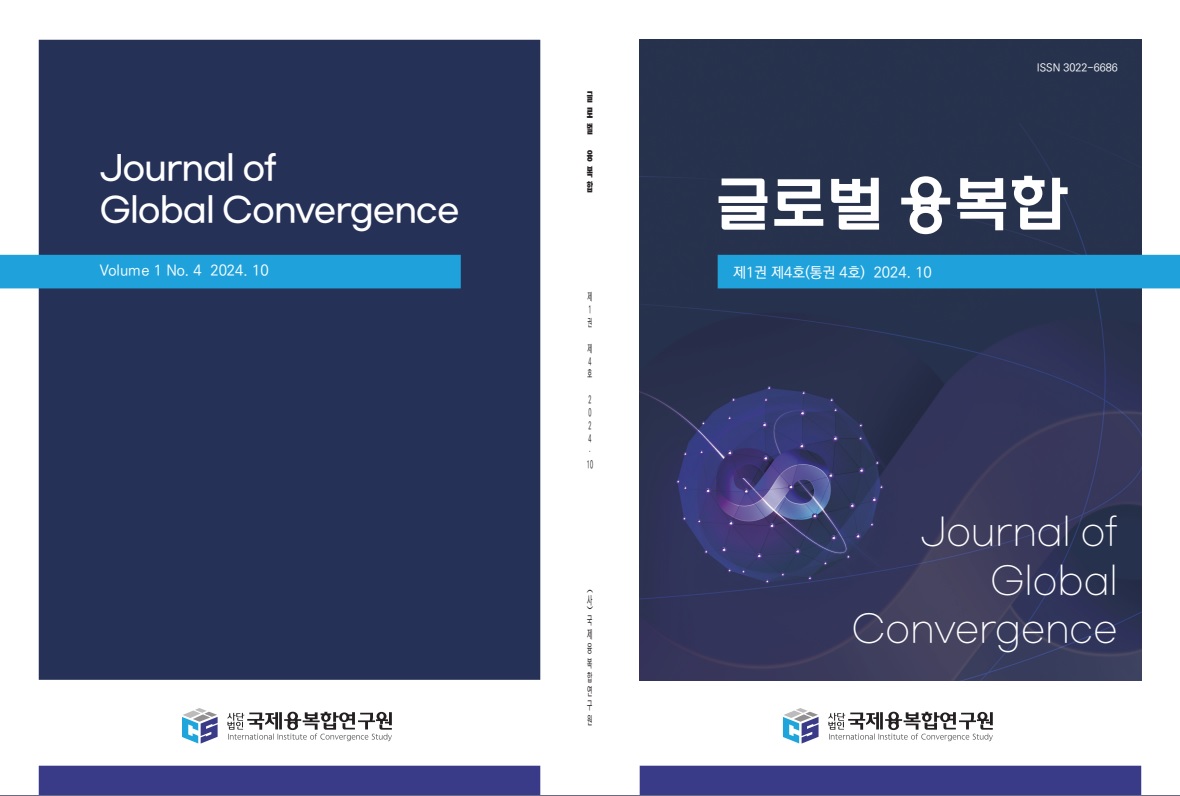인지・정보전 시대의 전략적 커뮤니케이션: 우크라이나・이스라엘 사례 분석을 통한 한국형 예방적 평화 모델 개발
Strategic Communication in the Age of Cognitive-Information Warfare: Developing a Korean Preemptive Peace Model through Ukraine-Israel Case Analysis
저자
이대희, 박상혁
Dae-Hee Lee, Sang-Hyuk Park
Dae-Hee Lee, Sang-Hyuk Park
수록페이지
p.31-41 (11pages)
조회수
131
다운로드
3
- 창간연도
- 2024년 1월
- ISSN
- (Print)3022-6686 , (Online)3022-6651
- 수록권호
- 제2권 3호 (통권 7호)
- 발행일
- 2025.08
- 수록논문
- 20 articles
- 유형
- 학술저널
- 주제
- 사회과학, 자연과학, 예술체육학, 복합학
- 발행기간
- 2024.01 ~ 2025.08
- 발행주기
- 연 4회(계간)
- 총 권호 수
- 6 volumes
- 총 논문 수
- 94 articles
키워드
초록
21세기 디지털 환경에서 전략적 커뮤니케이션은 국가 안보와 외교정책의 핵심 요소로 부상하고 있다. 본 연구는 2022년 우크라이나 전쟁과 2023년 이스라엘-팔레스타인 갈등 사례를 심층 분석하 여, 인지・정보전 시대에 적합한 전략적 커뮤니케이션의 새로운 이론적 프레임워크를 제시하고, 한국의 독특한 지정학적・문화적 맥락에 최적화된 모델을 개발하였다. 우크라이나 사례 분석을 통해 ‘실시간 투명성’ 전략과 ‘서사 우위 이론’을 발견하였으며, 이스라엘 사례에서는 ‘다층적 서사 관리’와 체계적 위기 대응 메커니즘을 확인하였다. 두 사례의 비교 분석 결과, 갈등의 성격과 복잡도에 따른 전략 차별 화의 필요성과 플랫폼별 맞춤형 접근의 중요성이 도출되었다. 이를 바탕으로 한국형 ‘예방적 평화 기 반 전략적 커뮤니케이션(PPSC)’ 모델을 개발하였다. 이 모델은 갈등 대응보다 갈등 예방에 중점을 두 는 선제적 접근을 특징으로 하며, K-컬처 소프트파워와 700만 재외동포 네트워크를 핵심 자산으로 활용한다. 3층 서사 구조(한반도 평화-동북아 안정-글로벌 책임)와 4단계 운영 프로세스(예측-신속 대응-심화소통-장기관리)로 구성된 이 모델은 한국의 분단 현실과 통일 지향성을 반영한 혁신적 접근 법을 제시한다. 본 연구는 전략적 커뮤니케이션 이론을 단일 갈등 모델에서 복합 갈등 모델로 확장하 고, 문화적 소프트파워와 디아스포라 네트워크의 전략적 활용이라는 새로운 연구 영역을 개척했다는 학술적 의의를 가진다. 실무적으로는 한국이 21세기 국제사회에서 평화 구축에 기여하면서도 국가 이 익을 효과적으로 추구할 수 있는 구체적 방안을 제시하였다.Strategic communication has emerged as a critical component of national security and foreign policy in the 21st-century digital environment. This study conducts an in-depth analysis of the 2022 Ukraine War and the 2023 Israel-Palestine conflict to present a new theoretical framework for strategic communication suitable for the cognitive-information warfare era, while developing a model optimized for Korea’s unique geopolitical and cultural context. Through the Ukraine case analysis, we identified the ‘real-time transparency’ strategy and the ‘narrative superiority theory,’ while the Israel case revealed ‘multi-layered narrative management’ and systematic crisis response mechanisms. Comparative analysis of both cases highlighted the necessity of strategic differentiation based on conflict nature and complexity, as well as the importance of platform-specific customized approaches. Based on these findings, we developed Korea’s ‘Preemptive Peace-Based Strategic Communication (PPSC)’ model. This model is characterized by a proactive approach that emphasizes conflict prevention over conflict response, utilizing K-Culture soft power and the 7-million overseas Korean diaspora network as core assets. The model presents an innovative approach reflecting Korea’s division reality and unification orientation through a three-layer narrative structure (Korean Peninsula Peace-Northeast Asian Stability-Global Responsibility) and a four-stage operational process (Prediction-Rapid Response-Deep Communication-Long-term Management). This research holds academic significance in expanding strategic communication theory from a single-conflict model to a complex-conflict model and pioneering new research areas in the strategic utilization of cultural soft power and diaspora networks. Practically, it provides concrete measures for Korea to effectively pursue national interests while contributing to peace-building in the 21st-century international community.
 (사)국제융복합연구원
(사)국제융복합연구원